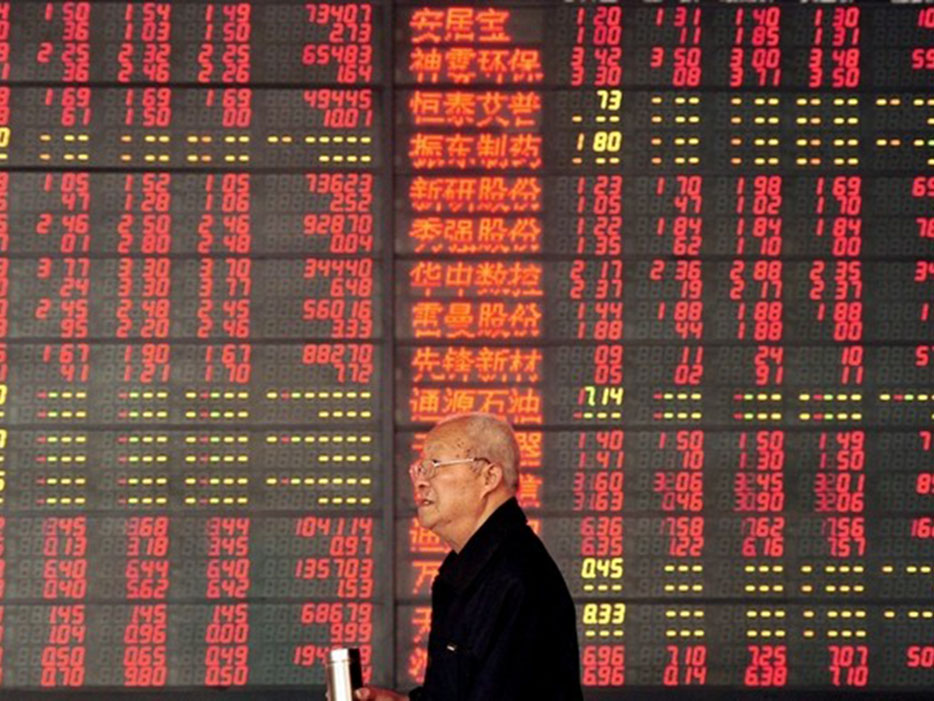
![]() Emerging market corporate bonds offer a reasonable prospect of both, risk and return.
Emerging market corporate bonds offer a reasonable prospect of both, risk and return.
Source: Barrons
Where can you get 5% annual returns and still sleep at night?
Emerging market corporate bonds offer a reasonable prospect of both, according to Loomis Sayles. Acknowledging the risks — pressure on commodity prices, wobbly global growth, and rising U.S. interest rates –the firm still likes the opportunities in bonds issued by selected companies in Indonesia, India, the Caribbean, Latin America, and South Africa.
Elisabeth Colleran, a co-manager of several funds including the Loomis Sayles Emerging Market Opportunities Fund, told reporters in a briefing at New York’s swank Le Bernardin restaurant last week that she prefers bonds from companies with consumer-oriented growth themes, which can buck the cyclical pressure of commodity price trends.
Among her favorite issuers are Indian telecom Bharti Airtel, which fits the bill with a leading position in the country’s expanding telecom market and “solid” governance. Colleran also suggests the debt of Latin American online retail platform MercadoLibre and South African media conglomerate Naspers. Both have sales growth opportunities as more locals use mobile technology.
She also sees opportunity in Indonesia, where GDP is expected to rise 5% this year amid economic reforms. She likes the “respectable metrics” of state-owned oil company, Pertamina, whose investment-grade rating is closely linked with the country’s sovereign rating.
In the sovereign debt group, Venezuela continues to falter. Last Wednesday the government declared that Fridays through May will be holidays so the cash-strapped country can cut energy production. One-year credit default swaps now indicate a 72% chance of default on Venezuelan debt; five-year swaps point to certain default. Venezuela has big bond principal payments due in October and November. Bianca Taylor, Loomis Sayles’ senior sovereign debt analyst thinks the country will default, but holds out one unlikely scenario.
That would occur if Venezuela set aside $2 billion-to-$3 billion from oil sales and sold its gold reserve, estimated at $8 billion-to-$10 billion, down from $14 billion a year ago. The sales would mean “further economic sacrifice not only from the poor, but from the elite who make their money by arbitraging the difference between the official currency rate and the black market dollar,” says Taylor.
How can a small investor own emerging-markets debt, whether corporate or sovereign, without navigating distant bond markets? Exchange traded funds are a liquid way to play. The iShares JPMorgan USD Emerging Markets Bond ETF is the largest fund in this category; 19% of its holdings are corporate debt. A mutual fund alternative, the DoubleLine Emerging Markets Fixed Income Fund, has 85% of its assets in corporate bonds. A worthy note of caution from Sierra Investment Management: While it favors emerging-market debt, the firm suggests shorter holding periods to guard against volatility.


